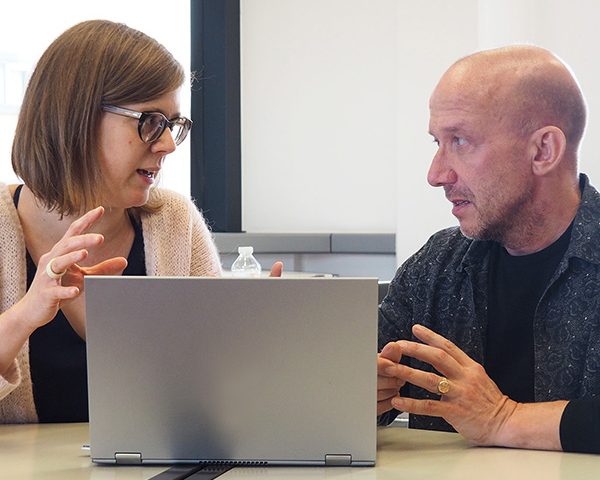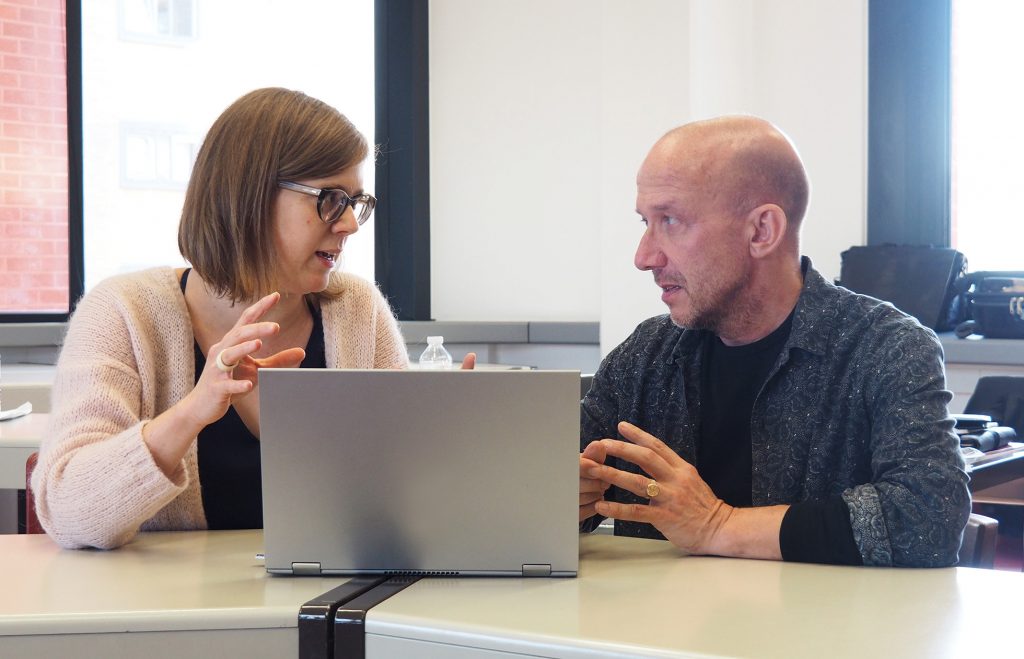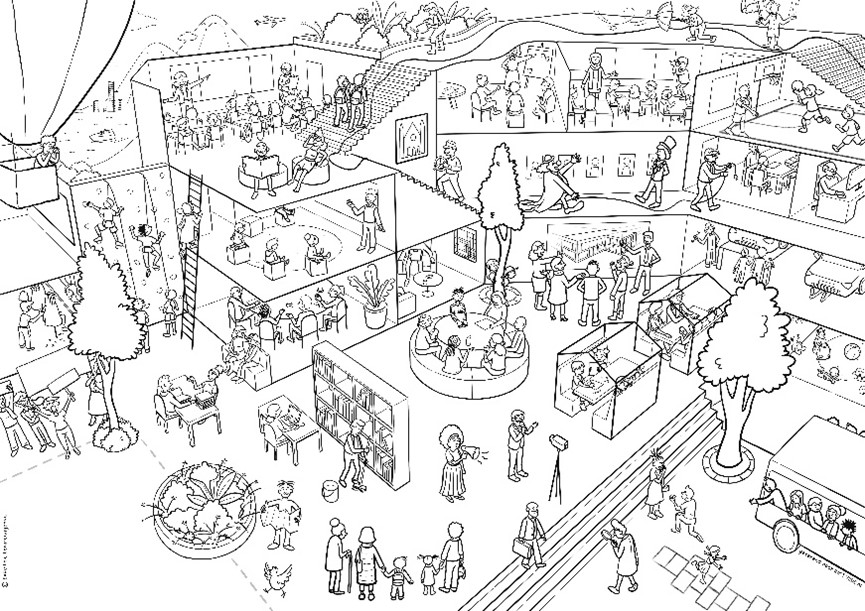Nurturing teacher educators’ communities of enquiry

‘New kids on the block’ Falling through the Cracks of a Curriculum Reform
February 9, 2019
The professional development of higher education-based teacher educators
March 5, 2019Nurturing teacher educators’ communities of enquiry


Unless research is valued for its capacity as a tool of professional learning by all stakeholders in teacher education, we risk the marginalisation and eventual disappearance of a theory-informed future teaching profession. Peiser (2015) reminds us that education policy can, in some cases, prioritise instrumental knowledge over a wider professional understanding of teacher education and the work of teacher educators. While, in England, the increasing take-up of school-led teacher education poses a threat to research capacity in universities, it nevertheless does offer some degree of hope that practitioner-based research in schools might increase.
While reference to research in the teachers’ standards in England is absent, it is nevertheless embedded as one of the responsibilities of the country’s teaching schools. However, in the wake of governmental austerity measures in the UK, exacerbated by ‘Brexit’, the teacher education research landscape in schools, colleges and universities in England risks fragmentation and marginalization by policy makers whose ears might be more attuned to more positivist research methodology (eg Randomised Control Trials) than other more wide-ranging approaches to research characteristic of the field of teacher education and its educators (eg action research and other forms of small-scale exploratory research).
The BERA-RSA (2014) inquiry, a report commissioned into the role research plays in teacher education, states that “schools and colleges become research-rich environments in which to work” (BERA-RSA, 2014: 2). The report highlights the significance of ‘research engagement’ i.e. the involvement of teachers and educational leaders in carrying out research and ‘research literacy’ i.e. that teachers should be:
 familiar with a range of research methods, with the latest research findings and with the implications of this research for day-to-day practice, and for education policy and practice more broadly (BERA-RSA 2014: 40).
familiar with a range of research methods, with the latest research findings and with the implications of this research for day-to-day practice, and for education policy and practice more broadly (BERA-RSA 2014: 40).
For this to happen we need a profession of teacher educators who are research-literate themselves. After Dewey (2002) and drawing on work from the Netherlands, Willemse and Boei (2017) have created nine design principles they consider important in developing teacher educators’ communities of enquiry regardless of whether they work in schools, colleges or universities:
Nine design principles for developing communities of enquiry
- Research should be conducted together in small groups of six to eight educators to ensure mutual collaboration and decision-making
- The subject of inquiry is communally chosen and derived from practice
- Frequent meetings (eg every four weeks) to take place with the community of enquiry
- Fixed dates for meetings that provide a clear exchange of commitment and expectations of the community
- Meetings to follow commonly defined stages of research (problem definition, literature search, research question formulation, instrument design, planning and gathering of data, analyses, sharing the results with others
- Each meeting to be organized around three themes
- explore existing research and exchanging prior knowledge
- work on the research project
- reflecting on learning experiences and the relationship between those experiences and supervising pre-service teachers’ research
- In pairs and between meetings participants should reflect and engage with tasks to guarantee the continuation of the research
- Experienced teacher educator-researchers should participate as full members and as mentors of the community of enquiry
- After collaborative consideration and dialogue the results of the research are shared through dialogue, conference presentation and publications. (ibid: 210-211)
For those unfamiliar with these principles, they embrace all teacher educators but particularly those who may have little or no experience of conducting research or supervising students’ research.
References
BERA-RSA 2014. Research and the Teaching Profession – Building the capacity for a self-improving education system. Final report of the BERA-RSA inquiry into the role of research in teacher education.
Dewey J. 1902. The child and the curriculum. Chicago: University of Chicago Press.
Peiser, G (2015) The place of research in teacher education. In: Beauchamp, G, Clarke, L, Hulme, M, Jephcote, M, Kennedy, A, Magennis, G, Menter, I, Murray, J, Mutton, T, O'Doherty, T and Peiser, G, (eds.) Teacher education in times of change. Policy Press, Bristol, pp. 161-178. ISBN 1447318544
Willemse T. M., Boei, F. 2017. Supporting Teacher Educators’ Professional Development in Research and Supervising Students’ Research. In: Boyd P., Szplit A. 2017. Teachers and Teacher Educators Learning Through Enquiry: International Perspectives. Krakow: Wydawnictwo Attyka.




